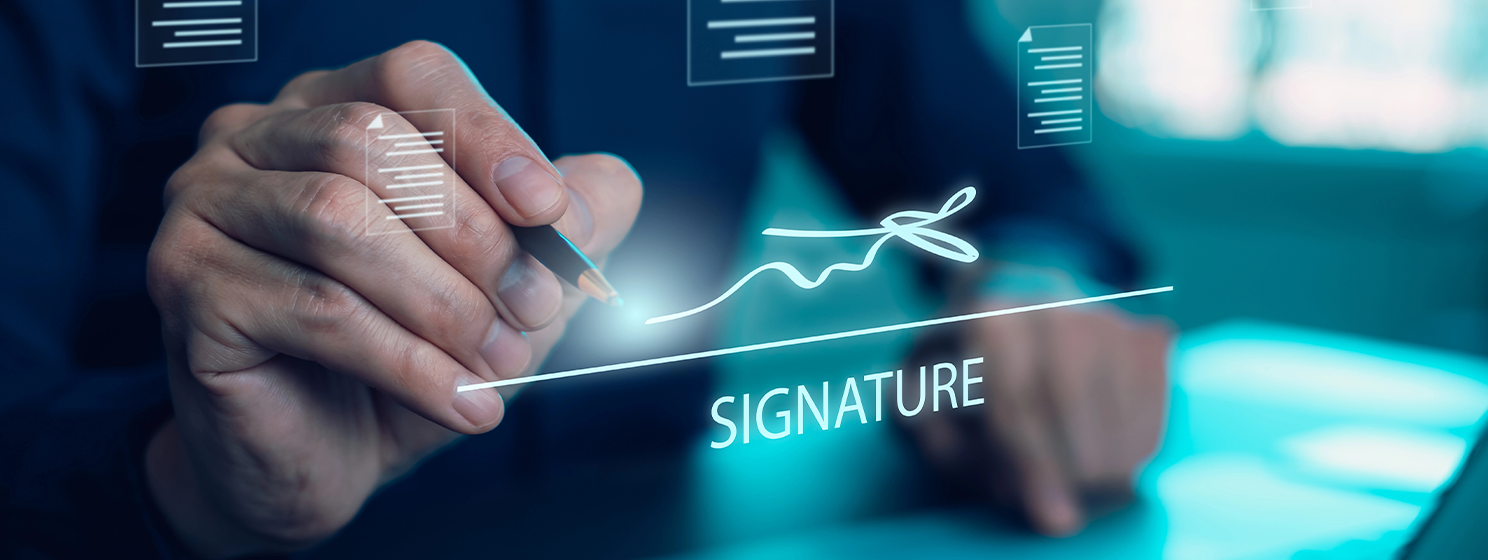|
Getting your Trinity Audio player ready...
|
When you set up a blockchain mining pool, there’s plenty of complicated technology involved. And if it’s just you and a few colleagues and friends, when you switch it on for the first time, it’s not immediately obvious whether it’s working. Your computers have to compete with others on the network—the Bitcoin SV network in this case—to ‘win’ the next block on the blockchain. But are they in the game?
At the start of his GorillaPool enterprise, its founder Kurt Wuckert Jr. says, “We weren’t even sure if we would build a block. We didn’t know that we had it right. And then within about an hour of us putting it up, we found a block, which was our only indicator.”
It was the fulfilment of a long-held ambition for Kurt, CEO of GorillaPool, as he explains on this week’s CoinGeek Conversations: “I was very interested in doing some of these things that I’ve theorised in Bitcoin for a very long time and said, you know ‘what we need is an active public pool in BSV. We need a pool that is run for the sake of doing cool stuff…’ I really wanted to test theories and really push the limits of Bitcoin.”
A mining pool combines the efforts of a group of mining computers, sharing the rewards between members whenever any of them wins a block. GorillaPool is open to all: you can join up your own computer to the pool—but we’re talking industrial strength computers here, not just your laptop—or you can pay Kurt and his colleagues to set it up for you, renting the hardware and running it. It will cost you between $3,000 and $10,000 depending on market conditions, to put yourself into the Bitcoin business.
As to whether or not it is profitable, Kurt says that depends on timing: the price of the specialised ASIC chips that power mining computers fluctuates with the market price of BTC—because everyone wants them when it’s profitable to mine. So Kurt’s advice is to buy your equipment when the market is low, and sell when it’s high:
“I’ve been in mining since 2013, and so this is now my fourth bear market. And what I’ve seen is that the people that really grow are the people that at the top of the bull market are selling their coins, but they’re also selling off their fleet. They’re selling their ASICs because they might have bought an asset for $2,000 at the bottom of the bear market, but they can sell it used for eight to $10,000. And it’s going to be obsolete in the next cycle anyway …And so if you do that, I’ve seen a lot of people do really well.”
If you have faith in the long-term value of Bitcoin SV, would you be better off simply buying some when the market is low, and waiting it out? Kurt believes mining is a better option because it forces a kind of self-discipline, making you, effectively, invest regularly, in the form of electricity bills to keep your computers running, and reaping the occasional reward when the pool wins a block. No matter how you might intend to make regular savings, it usually doesn’t happen, but if you’re in a mining pool, it happens by default: “It really is the opportunity to just put it on cruise control, let it do the work and it’s disciplined for you.”
On next week’s CoinGeek Conversations, Kurt talks about one of his other roles, as CoinGeek’s Chief Bitcoin Historian.
Hear the whole of Kurt Wuckert Jr’s interview in this week’s CoinGeek Conversations podcast or catch up with other recent episodes:
You can also watch the podcast video on YouTube.
Please subscribe to CoinGeek Conversations – this is part of the podcast’s new series. If you’re new to it, there are plenty of previous episodes to catch up with.
Here’s how to find them:
– Search for “CoinGeek Conversations” wherever you get your podcasts
– Subscribe on iTunes
– Listen on Spotify
– Visit the CoinGeek Conversations website
– Watch on the CoinGeek Conversations YouTube playlist

 03-04-2026
03-04-2026 




